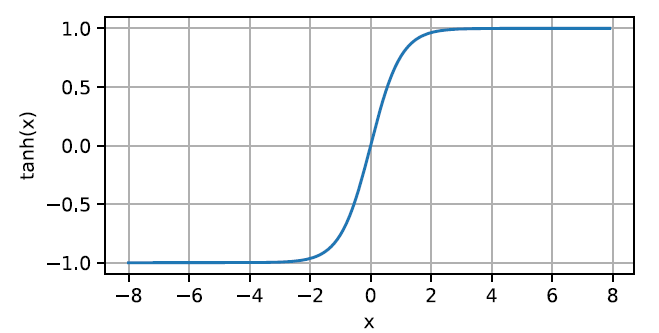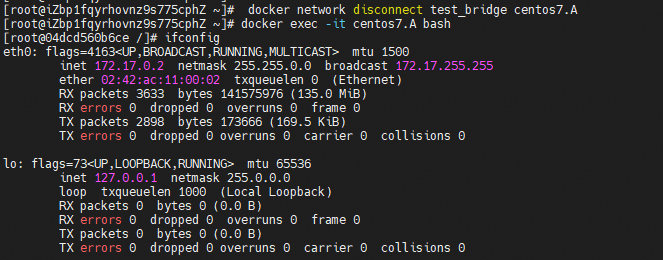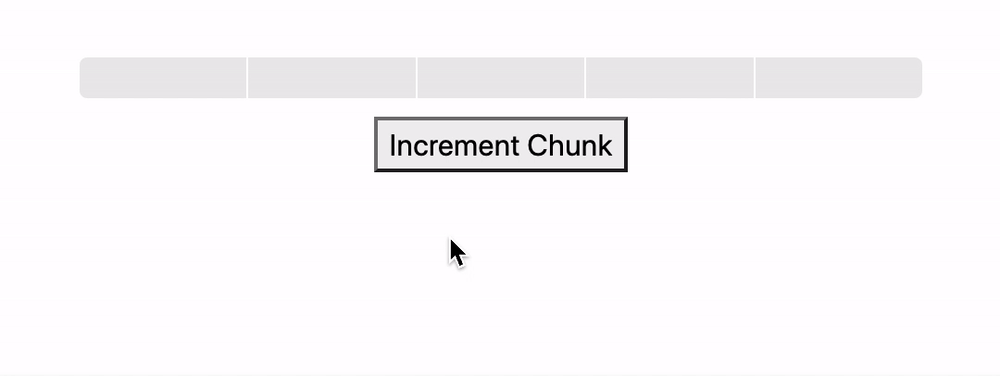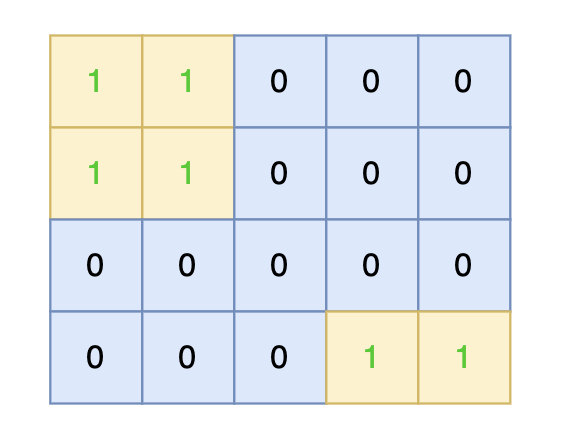一、栈
1、栈(stack)是限定仅在表尾进行插入和删除操作的线性表。
把允许插入和删除的一端称为栈顶(top),另一端称为栈底(bottom),不含任何数据元素的栈称为空栈。栈又称为后进先出(Last In First Out)的线性表,简称LIFO结构。
2、栈的插入操作:叫作进栈,也称压栈、入栈示。
栈的删除操作:叫作出栈,也有的叫作弹栈。
满栈、空栈:栈顶所在位置是否存有元素
增栈、减栈:栈的增长方向

#include<head.h>
#include"stack.h"
/*创建链表*/
Stack_t *create_stack()
{
Stack_t *pstack = malloc(sizeof(Stack_t));
if(NULL == pstack)
{
perror("malloc fail");
return NULL;
}
pstack->ptop = NULL;
pstack->clen = 0;
return pstack;
}
/*插入节点*/
int push_stack(Stack_t *pstack, Datatype data)
{
SNode_t *pnode = malloc(sizeof(SNode_t));
if(NULL == pnode)
{
perror("malloc fail");
return -1;
}
pnode->data = data;
pnode->pnext = NULL;
pnode->pnext = pstack->ptop;
pstack->ptop = pnode;
pstack->clen++;
return 0;
}
/*判空*/
int is_empty_stack(Stack_t *pstack)
{
return NULL == pstack->ptop;
}
/*遍历*/
void printf_stack(Stack_t *pstack)
{
SNode_t *p =pstack->ptop;
while(p)
{
printf("%d",p->data);
p=p->pnext;
}
printf("\n");
}
/*获得栈顶*/
int get_stack_top(Stack_t *pstack,Datatype *pdata)
{
if(is_empty_stack(pstack))
{
return 0;
}
if(pdata != 0)
{
*pdata = pstack->ptop->data;
return 1;
}
return 0;
}
/*删除栈顶*/
int pop_stack(Stack_t *pstack,Datatype *pdata)
{
if(is_empty_stack(pstack))
{
return 0;
}
SNode_t *p = pstack->ptop;
pstack->ptop = p->pnext;
if(pdata != NULL)
{
*pdata = p->data;
}
free(p);
pstack->clen--;
return 0;
}
/*清空栈*/
void clear_stack(Stack_t *pstack)
{
while(!is_empty_stack(pstack))
{
pop_stack(pstack,NULL);
}
}
/*销毁*/
void destory_stack(Stack_t *pstack)
{
clear_stack(pstack);
free(pstack);
}
/***********************************stack.h*********************************************/
#ifndef _STACK_H
#define _STACK_H
typedef int Datatype;
typedef struct snode
{
Datatype data;
struct snode *pnext;
}SNode_t;
typedef struct stack
{
SNode_t *ptop;
int clen;
}Stack_t;
extern Stack_t *create_stack();
extern int push_stack(Stack_t *pstack, Datatype data);
extern int get_stack_top(Stack_t * pstack,Datatype *pdata);
extern int pop_stack(Stack_t *pstack,Datatype *pdata);
extern void clear_stack(Stack_t *pstack);
extern void destory_stack(Stack_t *pstack);
extern int is_empty_stack(Stack_t *pstack);
extern void printf_stack(Stack_t *pstack);
#endif
/***********************************main.c**********************************************/
#include<stdio.h>
#include"stack.h"
int main(int argc, const char *argv[])
{
Datatype data;
Stack_t *pstack = create_stack();
if(NULL == pstack)
{
return -1;
}
push_stack(pstack,1);
push_stack(pstack,2);
push_stack(pstack,3);
push_stack(pstack,4);
printf_stack(pstack);
get_stack_top(pstack,&data);
printf("%d\n",data);
printf_stack(pstack);
pop_stack(pstack,&data);
printf("%d\n",data);
printf_stack(pstack);
destory_stack(pstack);
return 0;
}二、队列
1、 队列(queue)是只允许在一端进行插入操作,而在另一端进行删除操作的线性表。
队列是一种先进先出(First In First Out)的线性表,简称FIFO。允许插入的-端称为队尾,允许删除的一端称为队头。

2、队列的链式存储结构,其实就是线性表的单链表,只不过它只能尾进头出而已,我们把它简称为链队列。 将队头指针指向链队列的头结点,队尾指针指向终端节点。

Queue_t *create_queue()
{
Queue_t *pqueue = malloc(sizeof(Queue_t));
if(NULL == pqueue)
{
perror("malloc fail");
return NULL;
}
pqueue->pfront = NULL;
pqueue->prear = NULL;
pqueue->clen = 0;
pthread_mutex_init(&(pqueue->mutex),NULL);
return pqueue;
}
int is_empty_queue(Queue_t *pqueue)
{
return NULL == pqueue->pfront;
}
int push_queue(Queue_t *pqueue,QDataType data)
{
QNode_t *pnode = malloc(sizeof(QNode_t));
if(NULL == pnode)
{
perror("malloc fail");
return -1;
}
pnode->data = data;
pnode->pnext = NULL;
if(is_empty_queue(pqueue))
{
pqueue->pfront = pnode;
pqueue->prear = pnode;
}
else
{
pqueue->prear->pnext = pnode;
pqueue->prear = pnode;
}
pqueue->clen++;
return 0;
}
void printf_queue(Queue_t *pqueue)
{
QNode_t *p =pqueue->pfront;
while(p != NULL)
{
printf("%3d",p->data);
p = p->pnext;
}
printf("\n");
}
int pop_queue(Queue_t *pqueue,QDataType *pdata)
{
if(is_empty_queue(pqueue))
{
return 0;
}
QNode_t *p = pqueue->pfront;
pqueue->pfront =p->pnext;
if(pdata != NULL)
{
*pdata = p->data;
}
free(p);
if(NULL == pqueue->pfront)
{
pqueue->prear = NULL;
}
pqueue->clen--;
return 0;
}
int get_queue_front(Queue_t *pqueue, QDataType *pdata)
{
if(is_empty_queue(pqueue))
{
return 0;
}
if(pdata != 0)
{
*pdata = pqueue->pfront->data;
return 1;
}
return 0;
}
void clear_queue(Queue_t *pqueue)
{
while(!is_empty_queue(pqueue))
{
pop_queue(pqueue,NULL);
}
}
void destory_queue(Queue_t *pqueue)
{
clear_queue(pqueue);
free(pqueue);
}


















